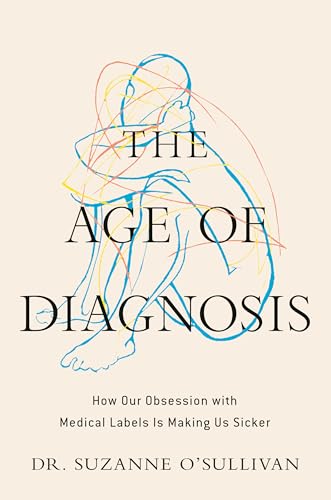What do you think?
Rate this book


320 pages, Hardcover
First published March 18, 2025
‚ÄúIt could be that borderline medical problems are becoming ironclad diagnoses and that normal differences are being pathologised. These statistics could indicate that ordinary life experiences, bodily imperfections, sadness and social anxiety are being subsumed into the category of medical disorder. In other words: we are not getting sicker‚Äîwe are attributing more to sickness.‚Ä�
‚ÄúI saw a worrying gap between the perceived benefit of being diagnosed and any actual improvements in quality of life.‚Ä�
‚ÄúAn expectation of constant good health, success and a smooth transition through life is met by disappointment when it doesn‚Äôt work out that way. Medical explanations have become the sticking plaster we use to help us manage that disappointment.‚Ä�